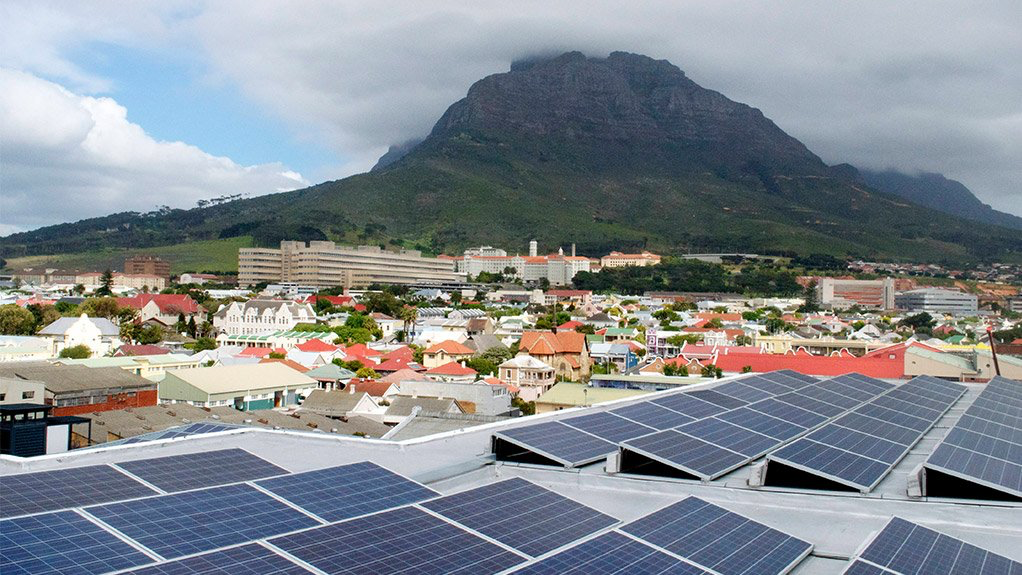Cape Town is proposing several amendments to its Municipal Planning By-law (MPBL) to better regulate development and land use, especially in renewable energy. These changes aim to address the city’s unique environment and social realities.
The proposed amendments introduce new primary uses for Residential Zoning (R1), including electric vehicle charging stations, small-scale energy infrastructure, and micro wind turbines. Deputy Mayor Eddie Andrews highlighted the need to adapt the MPBL to changing global and local conditions.
The new rules propose specific conditions for small-scale wind turbines. For instance, a wind turbine must not exceed 11 meters in height. The distance between the ground and the lowest part of any turbine blade should be at least 5 meters. Additionally, the buffer area around the turbine must equal its height, measured from any property boundary. Multiple turbines on a property require a consent use application.
For other small-scale energy structures, like external geysers and associated equipment, the height above the roof surface should not exceed 1.5 meters. These measurements are perpendicular to the roof surface.
The City may approve a consent use application for medium-scale or utility-scale energy structures. An approved site development plan will set the development rules for these renewable energy structures. An energy structure will be considered abandoned if it fails to operate continuously for over two years.
Cape Town has already approved over 5,000 solar PV systems, totaling 126 mega volt-amperes (MVA). The city aims to streamline the process for building and development, improve clarity and certainty, and encourage affordable rental accommodation development in identified areas.
The proposed zoning amendments are also intended to advance the renewable energy sector. They aim to make it easier to build renewable energy structures and enable the city to impound movable property used for illegal building and demolition work when an order to stop work is ignored.
Residents and interested parties are encouraged to review the draft revised MPBL and submit their comments by September 23, 2024. The proposed changes reflect Cape Town’s commitment to promoting renewable energy and adapting to new environmental challenges.
Kadri Nassiep, Executive Director of Energy at the City of Cape Town, emphasized the importance of these updates. “These amendments are crucial for accommodating advancements in the renewable energy sector,” Nassiep said.
These changes are expected to significantly impact Cape Town’s renewable energy landscape. By simplifying the approval process for small-scale and medium-scale energy structures, the city hopes to foster innovation and encourage investment in sustainable energy solutions.
Moreover, the amendments aim to balance development with environmental protection. By setting clear guidelines for renewable energy structures, Cape Town can ensure that new developments are both efficient and respectful of the city’s unique environment.
Cape Town’s proposed amendments to the MPBL are a significant step towards a more sustainable future. By addressing the needs of the renewable energy sector and adapting to global changes, the city is positioning itself as a leader in sustainable urban development.
As the deadline for public comments approaches, it is essential for residents to engage with the proposed changes. The feedback will help shape the final amendments, ensuring that they meet the community’s needs and support Cape Town’s long-term sustainability goals.
Cape Town’s new rules for renewable energy structures represent a proactive approach to urban planning. The amendments aim to support renewable energy growth, streamline development processes, and ensure environmental protection. These changes reflect the city’s commitment to a sustainable future and the well-being of its residents.
Source: ESI Africa



